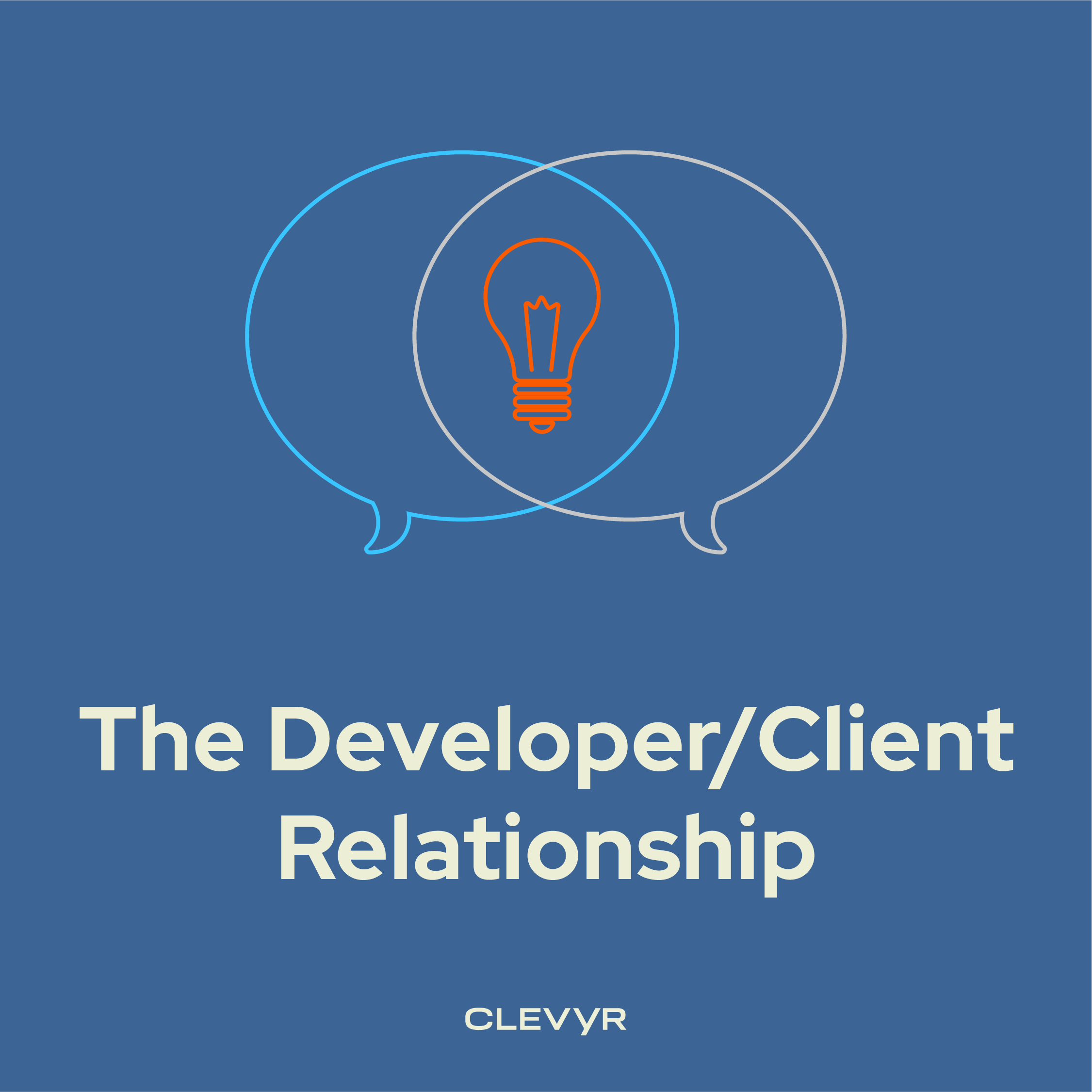From Extended Cognition to Peripheral Cognizance
Most of us already extend our thinking into the tools we use. Alarms nudge us awake and remind us to take meds or do chores. We set calendar notifications for meetings we might otherwise forget. GPS recalculates when we miss a turn. These are everyday examples of extended cognition—our minds stretching into our devices.
The next evolution of this idea is something even more subtle and powerful: Peripheral Cognizance. Simply, peripheral cognizance is about having a broader understanding of background or surroundings, and recognizing relevant information or stimuli without needing to actively focus on them.
How Peripheral Cognizance Will Change the Way We Think, Work, and Lead
In a few short years you’ll remember today’s AI the way we remember pagers and PalmPilots—clever for their time, but clunky, isolated, and passive. What’s coming next isn’t another incremental leap in speed or a prettier interface; it’s a shift in how human beings sense, decide, and act.
Meet Your Second Attention
Picture yourself walking into a high-stakes meeting already feeling the emotional weather in the room. You haven’t combed through dashboards or Slack threads; your AI co-agent has. It maps sentiment, flags shifting priorities, and quietly threads together interdependencies you might never spot.
That invisible layer of awareness is the early shape of Peripheral Cognizance—AI that doesn’t wait for a prompt but continuously watches the edges of your world and feeds you the signal just before it becomes critical.
Peripheral Cognizance = AI as a second attention
a digital field of awareness that augments
(not replaces) intuition.
What Second Attention Actually Does
Capability How It Feels in Practice
Monitors the margins Streams weak signals—early churn hints, supply tremors, culture shifts—
straight to your periphery before they turn into fires.
Spots the almost-happened Surfaces the if-this-then-that you didn’t know to ask about, giving you time
to steer outcomes instead of scrambling after them.
Threads context across time Links conversations, documents, and decisions into a living narrative your
whole team can tap instantly.
Where human focus drops away, Peripheral Cognizance keeps listening.
From Reactive to Anticipatory
Most organizations still run on triggers: an email sparks a meeting, a KPI dip sparks a war room, a customer complaint sparks a feature sprint. When AI becomes a second attention, we shift from reacting to what just happened to acting on what is about to happen.
- Product teams sense UX friction days before support tickets pile up.
- Finance leaders feel macro tremors weeks before markets jolt.
- Ops crews tune themselves to data like musicians in an ensemble—never overwhelmed, always in time.
AI moves from tool to presence.
Co-Evolving With Your AI Partner
True collaboration won’t look like “type a prompt, get an answer.” It will feel like shared context, shared memory, shared momentum.
- Learn Your AI studies your patterns, blind spots, and goals.
- Adapt It complements your strengths and challenges your weak spots.
- Evolve As you grow, it grows—with nudges that sharpen judgment, fuel insight, and expand creativity.
The best AI won’t just make you efficient. It will make you more you.
Ground Wires for a Visionary Idea
Big visions need grounding. Here are the principles we bake in so Peripheral Cognizance stays credible, safe, and actionable —without bogging you down in vendor-speak.
- Practical Today
Early pilots already shorten reaction cycles and surface blind spots. The groundwork exists right now. - Layered Architecture
Ambient data → semantic integration layer → adaptive models that learn in real time. Simple to picture, powerful in effect. - Trust by Design
Privacy-first data handling, bias checks, human-override controls, and graceful fallbacks keep users in charge. - Organizational Readiness
Technology alone can’t transform a culture. New rituals—interpreting anticipatory cues, reinforcing human judgment—close the loop. - Resilience & Cognitive Rest
Confidence thresholds, throttling, and intentional quiet spaces prevent fatigue when the stream gets loud. - Inclusive & Adaptive UX
Signal density dials up or down; visual, auditory, or haptic cues honor different sensory preferences. - Alignment with Emerging Standards
Transparency and user agency are built to satisfy tomorrow’s AI regulations, not chase them. - Human-Centered Purpose
Less noise, deeper insight, and more space for meaningful work—that’s the point.
Peripheral Cognizance must be explainable, trustworthy, and measurably valuable from day one.
Otherwise? It’s just more noise.
Why Clevyr Cares
At Clevyr, this second attention is our north star. Instead of asking for reminders or direction, we’re building toward systems that quietly monitor context, patterns, and needs, then surface relevant insights or taking action without direct prompts. It’s not about replacing thought, but surrounding it. We’re architecting systems where AI resonates with human instinct instead of drowning it in data—quiet, capable, and ready the moment you need it.
If you’re curious how Peripheral Cognizance could reshape your leadership, workflows, or strategy, let’s talk.
Not about what AI can do.
About what it can become—with you.


